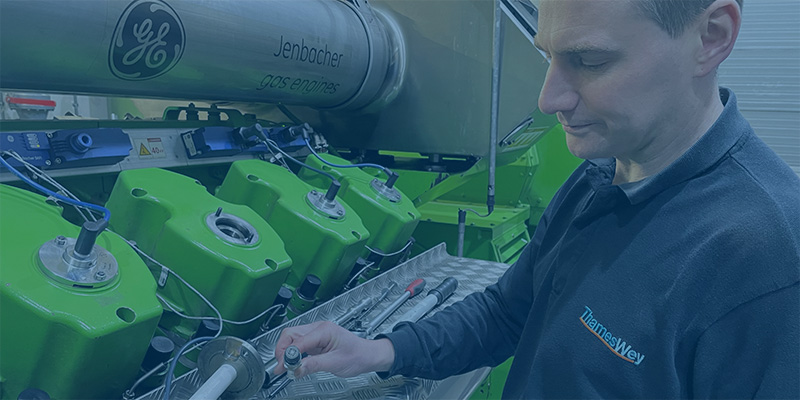
Logic4training's Gas Fuelled Engines course (CGFE1) is for experienced operatives who wish to undertake installation, commissioning, servicing and repair of gas fuelled spark ignition and dual fuelled engines.
Due to the nature of the equipment, the course is delivered on-site for a maximum of four operatives.
CGFE1 Gas Fuelled Engines Training Course Details
Logic4training’s Gas Fuelled Engines training course (CGFE1) is for experienced operatives who wish to undertake more varied work in the commercial sector, or engineers responsible for maintenance and repair.
It covers the installation, commissioning, servicing and repair of gas fuelled spark ignition and dual fuelled engines.
The course is delivered for a maximum of four operatives at their place of work.
The course includes training and assessment on CGFE1 – Gas Fuelled Engines.
It is designed for experienced operatives who wish to undertake installation, commissioning, servicing and repair of gas fuelled spark ignition and dual fuelled engines.
An alternative route is available for operatives who are responsible for maintenance and servicing only (see entry requirements for further information).
Due to the nature of the equipment, the course is undertaken on-site at the operatives’ place of work.
Prior to the course, a member of Logic4training’s technical team will complete a site survey to ensure that the equipment meets the requirements of the Nationally Accredited Certification Scheme for Gas Fitting Operatives (ACS).
The cost of the course includes the site survey, training and assessment for a maximum of 4 operatives. Travel expenses and accommodation will be charged separately for sites which are outside of a 50 mile radius of central London.
Additional guidance documents are also available on request. Please contact our customer service team on 0208 845 7222 to discuss your requirements further.
Operatives must hold one of the following qualifications:
- COCN1 – Core Commercial Gas Safety qualification or
- CODNCO1 – Changeover Domestic to Commercial Gas Safety.
Alternatively, if the candidate works solely on the engine, is responsible for the maintenance and servicing of the appliance (not the installation) and the engine is housed within an acoustically isolated plant room on it’s own, Core Commercial Limited Scope COCN1PILS and CGFE1 can be undertaken.
This would allow the operative to work on the appliance but not any other work on gas installations – unless additional ACS qualifications are gained.
Operatives should contact our customer service team on 0208 845 7222 if they need to undertake this route to assessment.
LCL Awards Commercial heating and gas safety training manual.
The main reference document for this course is IGE/UP/3 which is available from the Institute of Gas Engineers and Managers www.igem.org.uk
FAQs
The CGFE1 Gas-Fuelled Engines Course is a specialist module within the Commercial ACS Gas Safety suite, designed for experienced gas engineers who need to demonstrate competence in working with gas-fuelled engines. This course is essential for those looking to work legally and safely on commercial gas-fuelled engines and is recognised by the Gas Safe Register.
The CGFE1 (and all ACS) qualifications are valid for five years. Reassessment can be taken up to six months before expiry. It is the engineer’s responsibility to ensure their qualifications remain current, as lapsed certification can result in suspension from the Gas Safe Register.
Working with commercial gas-fuelled engines involves significant risks, including fire, explosion, toxic gas exposure, and equipment malfunction. Comprehensive safety training ensures engineers understand best practices, legal requirements, and emergency procedures to protect themselves and others on-site.
Key hazards include:
- Fire and explosion risks from gas leaks
- Exposure to toxic gases such as carbon monoxide
- Mechanical failures and equipment malfunctions
- Inadequate ventilation leading to dangerous gas accumulation
- Working in confined spaces or at height
Gas engineers must wear appropriate PPE, including flame-resistant clothing, hard hats, safety boots, gloves, and respiratory protection when necessary. PPE requirements are dictated by the specific risks of the job and current health and safety regulations.

The Easier Way To Run Your
Heating & Plumbing Company
